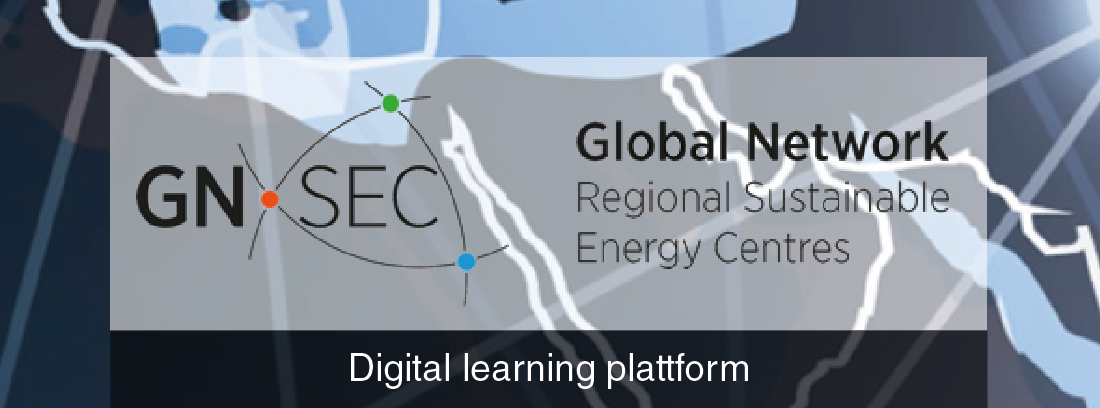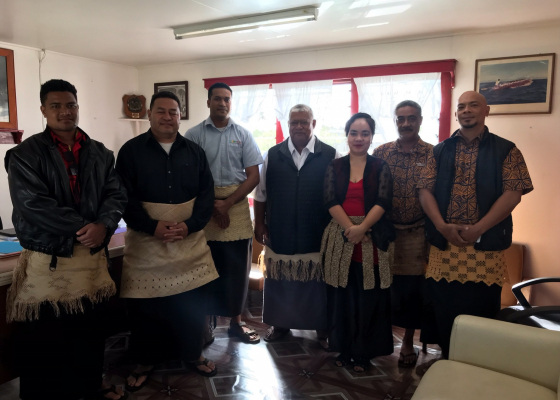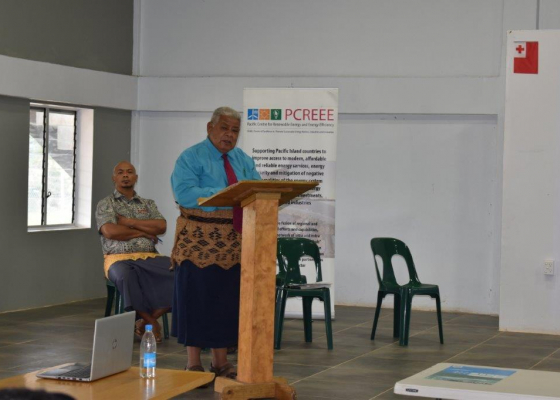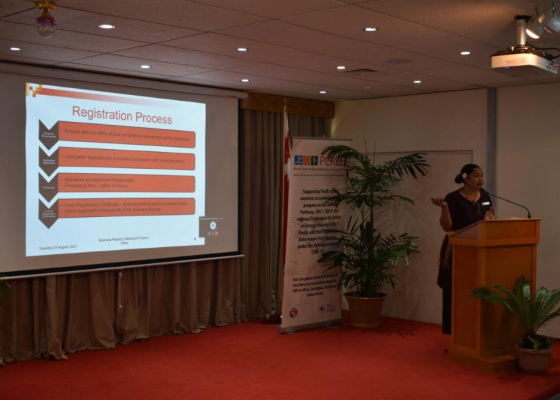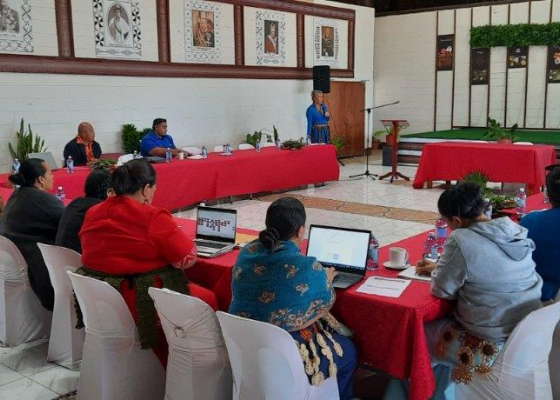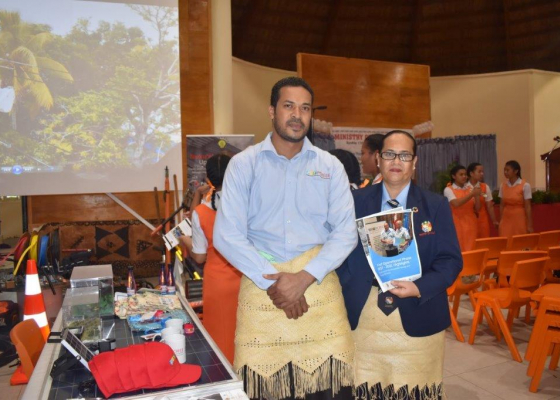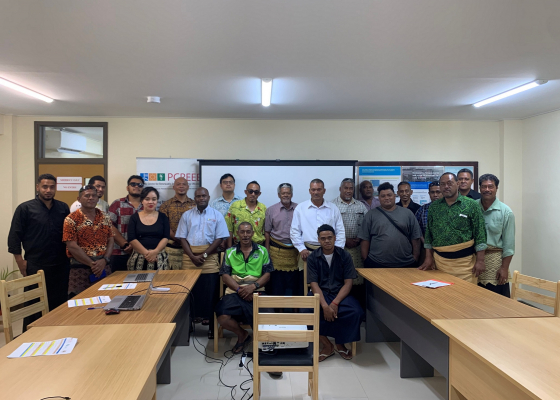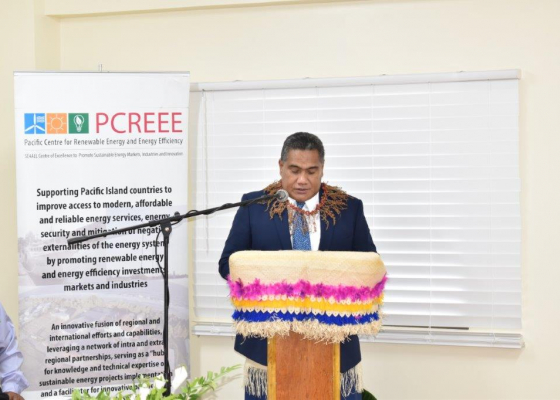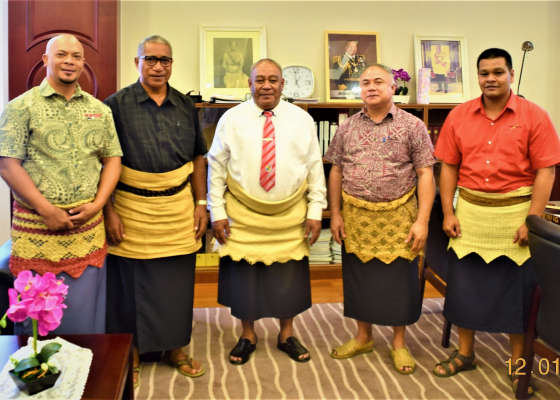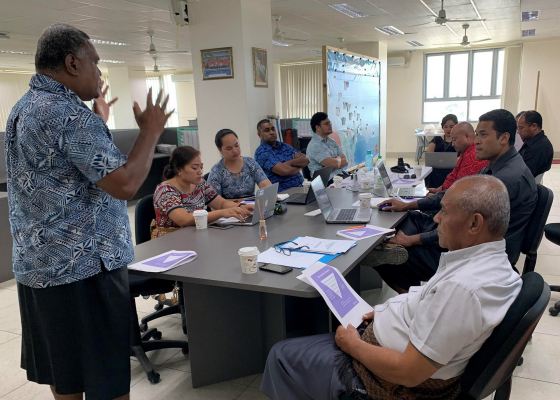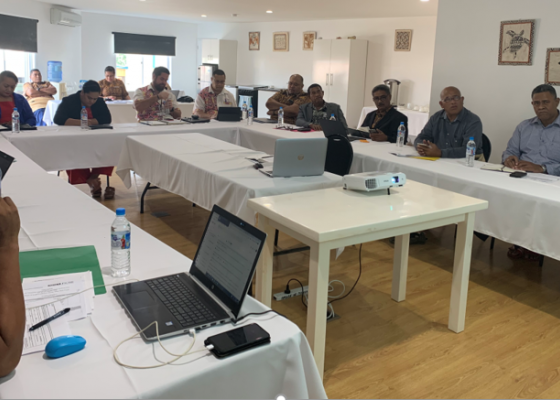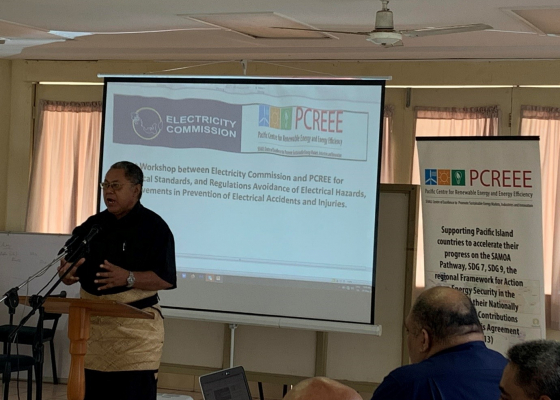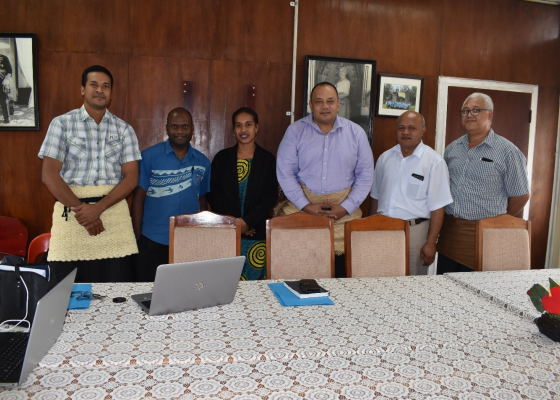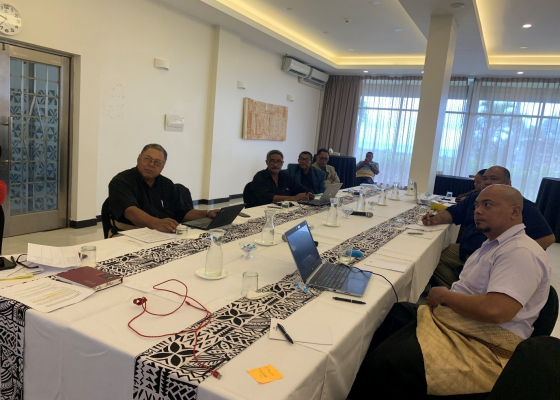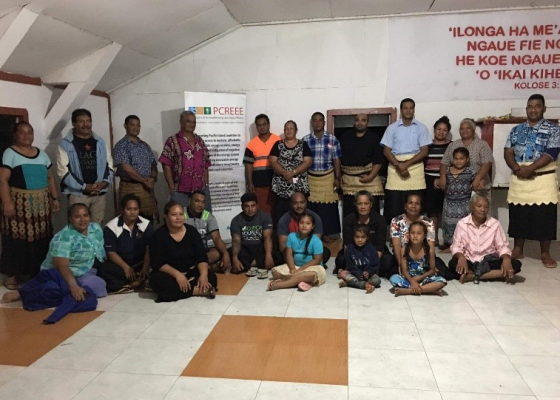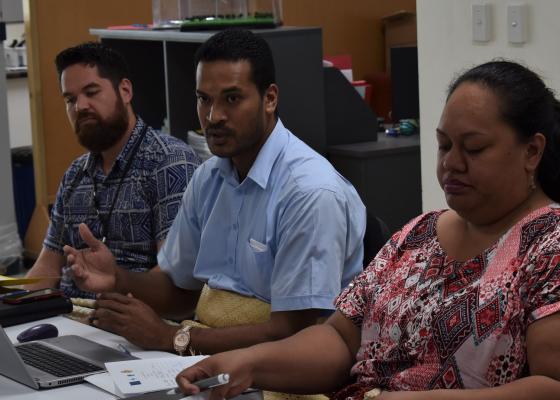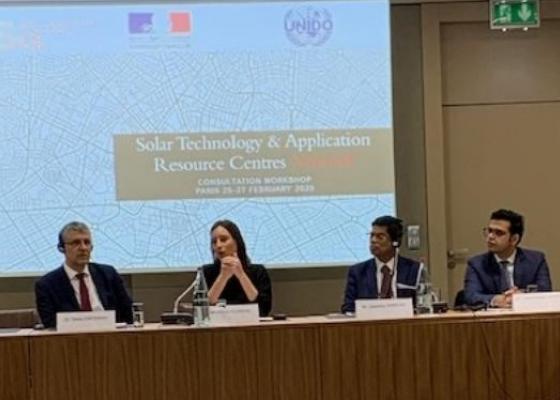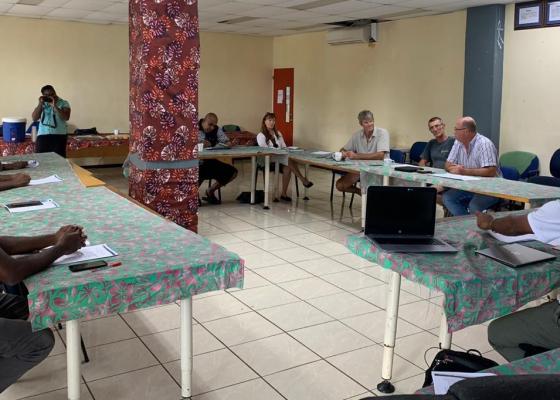Export Barbados, UNIDO and GN-SEC are organising the SIDS4 Side Event: "The Barbados BLOOM Cleantech Cluster – A collaborative model to unlock green entrepreneurship and innovation in SIDS", 30 May 2024, Antigua and Barbuda

SIDS4 On-site side event
The Barbados BLOOM Cleantech Cluster – A collaborative model to unlock green entrepreneurship and innovation in SIDS
30 May 2024, 08:00 to 09:30, Room 7, Conference Venue, Antigua and Barbuda
Introduction
Small Island Developing States (SIDS) are striving towards economic diversification and higher added value manufacturing and servicing, leapfrogging to industry 4.0 and clean energy and resource efficient technologies. A just transition requires the participation of the private sector in SIDS in the expanding value chains of modern green product manufacturing and servicing, creating domestic jobs, revenues and opportunities for the island youth – men and women.
Cleantech includes a broad range of technologies, which are key enablers for the transition of SIDS towards climate resilient and diversified green and blue economies. In this context, Barbados - a small island within the Caribbean, has ambitious plans, including the Declaration of Mission Barbados, which foresees by 2030, to become a clean large-ocean state, championing sustainable development locally and globally – with the goal of all domestic activities becoming 100% sustainable by 2035.
Therefore, under a Global Environment Facility (GEF) funded project, the United Nations Industrial Development Organization (UNIDO) in partnership with the Government of Barbados, the Ministry of Industry, Innovation, Science and Technology (MIST) and Export Barbados (BIDC) joined hands to establish the BLOOM Cleantech Cluster, which provides shared resources and services and connects the main players of the eco-system, including government, entrepreneurs, science and financiers to work jointly on the commercialization of innovative adapted island solutions.
Over the past years, the cluster has operated an in-house incubation program and has established close ties with regional accelerator programs, such as the IDB Circular Economy Accelerator for Latin America and the Caribbean, venture capitalists and investors. Moreover, the cluster hub facilitated public-private dialogues, designed enabling policies and quality standards and published the Barbados Cleantech Industry Report. It also developed the national cleantech label “Greening paradise together” under which Barbadian exports can be promoted in future. BLOOM has supported more than twenty entrepreneurs and has provided successful matchmaking services to investors and financiers.
BLOOM has become an important partner of the Export Barbados “Life is Barbados” strategy, which aims at economic diversification and leapfrogging to higher added value sectors and eco-industrial parks, focusing on industry 4.0, digitalization, biotechnology, pharmaceutics, agri-business, cleantech and blue economy. Moreover, the Government and UNIDO are partnering on replicating the BLOOM model through a regional approach under the Global Network of Regional Sustainable Energy Centers (GN-SEC) covering 35 of 39 SIDS in Africa, Caribbean, Indian Ocean and the Pacific. The latter network was created under a SAMOA Pathway Partnership, which was nominated for the 2023 United Nations SIDS Partnership Award. The Caribbean Centre for Renewable Energy and Energy Efficiency (CREEEE) will participate in the discussions.
Objectives and outcomes:
This session will inform on the Barbados BLOOM Cleantech Cluster model namely its origin, successes and challenges. Moreover, supported entrepreneurs – men and women - will present their developed sustainable energy and circular economy solutions directed towards accelerating the shift of Barbados and the Caribbean to diversified green, blue and digital economies. There is focus on innovative, digitalized solutions aiming at the diversion of waste from the landfill by utilizing these waste streams found in the Caribbean to create value-added products. Moreover, the envisaged replication of the of BLOOM model in other SIDS and lower-income countries will be discussed also in the view of the intended establishment of a climate technology and innovation mechanism promoting SIDS entrepreneurship globally as outcome of the SIDS4.
Upcoming Events
-
03/25/2026 to 03/26/2026
-
03/26/2026 to 03/27/2026
-
03/30/2026 to 04/03/2026
-
04/09/2026 to 04/10/2026
-
04/27/2026







